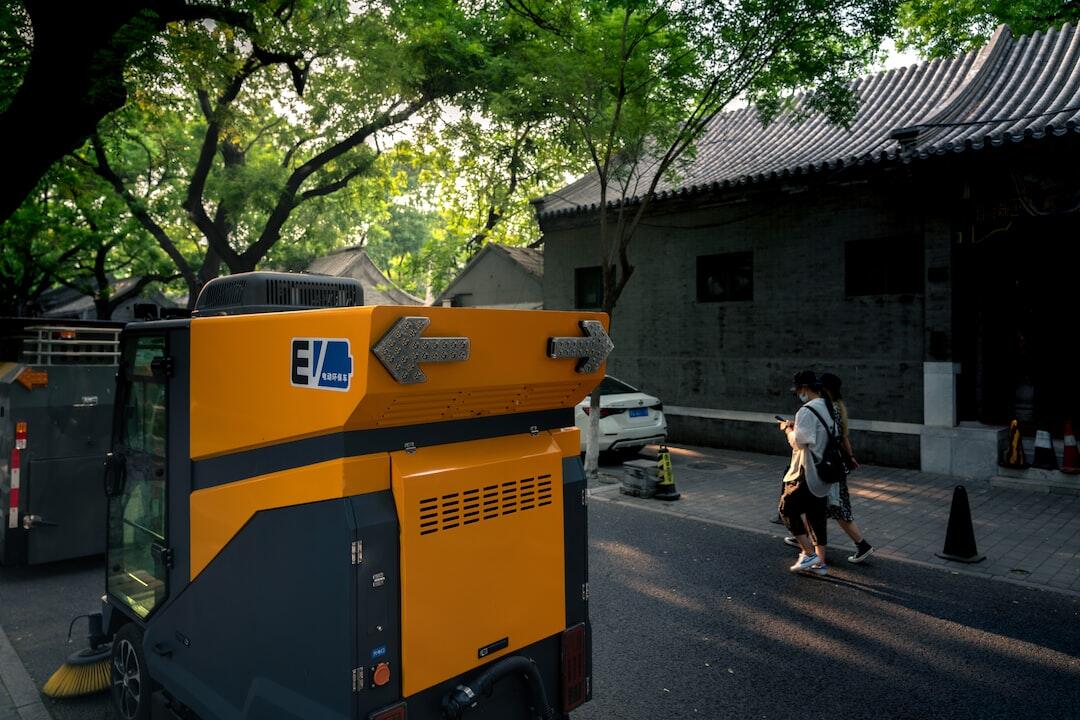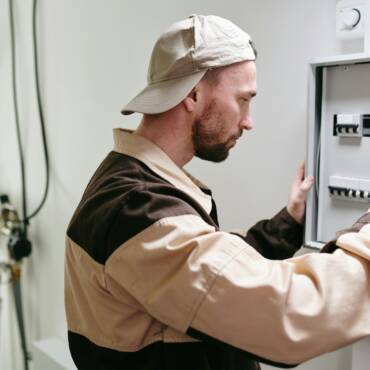Picture this – it’s the dead of winter, and a brutal storm knocks out the power. The house goes dark, the heat cuts off, and you’re left scrambling for flashlights and blankets.
Now imagine a different scenario, one where your lights stay on, your heat keeps running, and life continues uninterrupted. The difference? A whole house generator.
But before you make the leap, one big question looms – how much are whole house generators? Read on to find out.
Pros and Cons of Whole House Generators
There are lots of great benefits to making this move. One of the biggest benefits is automatic backup power, which kicks in within seconds of an outage, ensuring that essential appliances like:
- Refrigerators
- HVAC systems
- Medical devices
Keep running. Unlike portable generators, whole-house models are permanently installed and connected to a fuel source, eliminating the hassle of refueling and manual operation.
They can significantly increase a home’s resale value, as potential buyers see them as a valuable addition that enhances security and convenience. For those working from home or running home-based businesses, a generator ensures uninterrupted productivity, preventing financial losses caused by downtime.
There are some downsides. There’s the complex installation process, which requires professional setup, permits, and sometimes modifications to the home’s electrical system. While generators provide seamless power, they are not completely silent, and noise levels may be a concern for some homeowners, especially in quieter neighborhoods.
Generator Unit Costs
The price of a whole-house generator largely depends on its power capacity, brand, and fuel type. Smaller units designed for basic backup power, typically in the 10-14 kW range, cost between $3,000 and $6,000. These are suitable for smaller homes or those that only need to power essential appliances such as refrigerators, sump pumps, and lighting.
For mid-sized homes, 15-20 kW generators are a popular choice, costing $5,000 to $8,500. These units can handle additional loads, including heating and cooling systems, making them a good balance of cost and functionality.
Bigger houses with higher energy demand often require 22-30 kW generators, which range from $8,000 to $12,000. These units can power multiple large appliances simultaneously, including air conditioners, water heaters, and electric stoves.
For homeowners who want complete, uninterrupted power for luxury homes or properties with extensive electrical needs, generators 30 kW and above start at $12,000 and can exceed $20,000, depending on features and customization. Some high-end models offer features such as advanced monitoring systems, quieter operation, and extended warranties — all of which can contribute to a higher overall cost.
Whole House Generator Types
The generator you choose will affect how much you pay.
Natural gas generators are among the most popular choices because they connect directly to a home’s existing gas line, eliminating the need for fuel storage. They offer consistent, uninterrupted power and are generally more affordable to operate than other fuel types. However, they are dependent on the local gas supply, meaning they may not function if service is disrupted during a severe storm or natural disaster.
Propane generators are ideal for homes that don’t have a natural gas connection. They require above ground or underground propane tanks, which can be refilled as needed.
While propane burns cleaner than diesel, it can be more expensive per gallon, and a large enough tank is required to sustain power through prolonged outages. These generators are a good option for rural areas where natural gas isn’t available but still require routine fuel management.
Diesel generators are known for their efficiency and durability, making them a common choice for commercial properties and large homes with high power demands.
They tend to hold out longer and need less maintenance than natural gas or propane models. However, they are more expensive upfront and require a dedicated fuel storage system. Since diesel fuel degrades over time, it must be used and replaced regularly to maintain performance.
Generator Installation Cost
Generator installation cost can be just as pricy as the unit itself, with expenses ranging from $5,000 to $12,500 depending on the complexity of the installation. Unlike portable generators, standby units require a permanent setup, which includes electrical work, fuel connections, and site preparation.
Labor costs can vary depending on the contractor and region, but most professional installations require a team of electricians and plumbers, leading to higher service fees. In some cases, unexpected challenges such as trenching for underground fuel lines, upgrading electrical panels, or modifying outdoor landscaping can add several thousand dollars to the final bill.
Ask your installers what you’re looking at in terms of generator installation cost before you commit.
Maintenance and Upkeep
Like any engine-driven system, a generator experiences wear and tear over time, and neglecting upkeep can lead to unexpected failures when backup power is needed most. The most common maintenance tasks include:
- Oil changes
- Battery checks
- Filter replacements
- System testing
All of which helps keep the generator running efficiently. Most companies recommend an annual inspection by a professional, though homeowners should also perform monthly self-checks to spot potential issues early.
A generator running continuously during an outage can burn through oil quickly, requiring a change every 50 to 200 hours of operation, depending on the model. Keeping an extra supply of oil and filters on hand is essential, especially during long-term power outages.
The battery and starter system should be checked regularly, as a dead battery is one of the most common reasons for generator failure. Batteries typically last three to five years, but they should be tested annually to ensure they hold a charge.
Proper maintenance extends the lifespan of a whole-house generator, which typically lasts 20 to 30 years with regular care. Homeowners who stay on top of these tasks will know their home generator will be ready to provide power when it’s needed most – and won’t have to worry about spending a whole bunch more money on a replacement.
How Much Are Whole House Generators? Now You Know
How much are whole-house generators? It can depend on a few factors. Now that you know the basics, you should have an easier time figuring out what will suit your needs.
Investing in a whole-house generator means peace of mind for your family, and with Aire-Flo Heating, Cooling & Generators, you get trusted expertise backed by over 70 years of service in Central Ohio.
As an authorized Bryant dealer with NATE-certified technicians, we ensure top-tier installation and service, so you’re never left in the dark. Call us for a free, no-obligation estimate!
Whether you require installation, repair, or maintenance, our technicians will assist you with top-quality service at any time of the day or night. Take comfort in knowing your indoor air quality is the best it can be with MOE heating & cooling services Ontario's solution for heating, air conditioning, and ventilation that’s cooler than the rest.
Contact us to schedule a visit. Our qualified team of technicians, are always ready to help you and guide you for heating and cooling issues. Weather you want to replace an old furnace or install a brand new air conditioner, we are here to help you. Our main office is at Kitchener but we can service most of Ontario's cities
Source link


